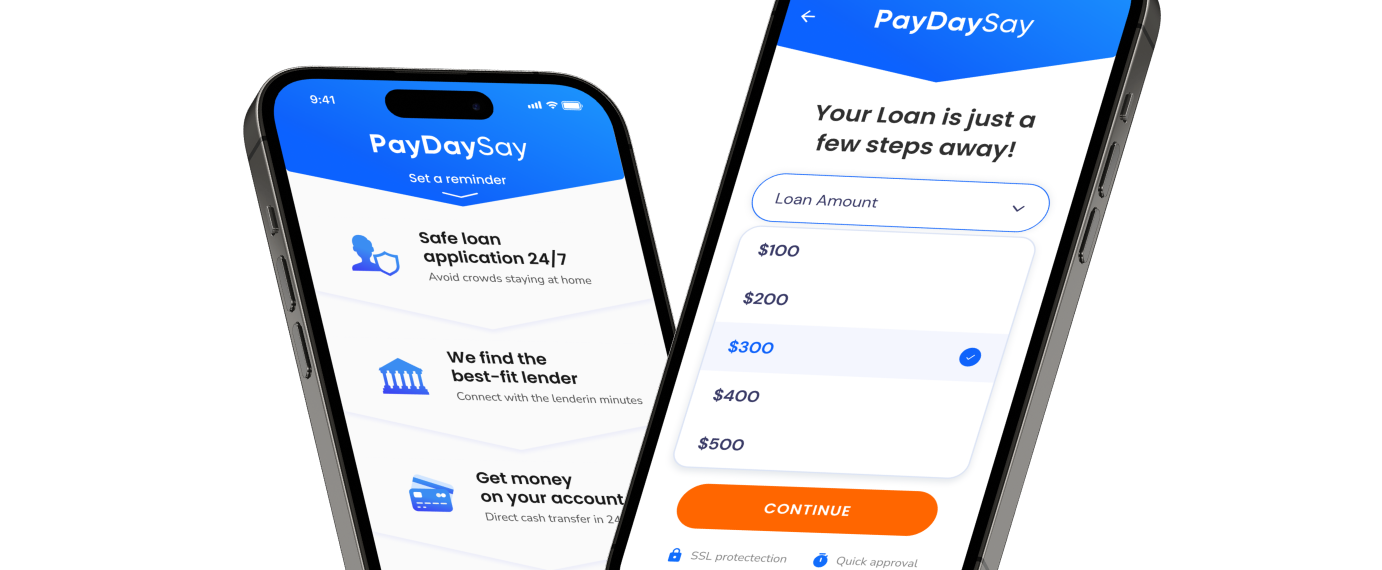Borrowing money is possible in multiple ways. However, personal lines of credit and personal loans are considered the most well-known solutions. While both can be useful for financing a variety of expenses, they have some key differences that it’s important to understand.
This article will cover the key differences between personal loans and lines of credit. This will help you determine which option may be best for your specific needs. Let’s get started!
Personal Line of Credit Considered
It is a type of loan that allows individuals to borrow a certain amount of money over a period of time (up to a certain limit). With it, borrowers can borrow as much or as little as they need as long as they do not exceed their limit.
Interest is typically charged on the outstanding balance, and borrowers can make payments on their line of credit as they go. They can also choose to pay off the entire balance at once. They are often used for unexpected expenses, such as car repairs or medical bills, or for financing larger purchases that can be paid off over time.
Pros and Cons of Personal Line of Credit
They are indeed a flexible way to borrow money, but it comes with some downsides.
Pros:
- Flexibility: With it, you have the flexibility to borrow as much or as little as you need, up to your credit limit.
- Quick access to funds: They are often easier to obtain than other types of loans and can provide quick access to funds in case of an emergency.
- Lower interest rates: They are characterized by lower interest rates compared to credit cards, which implies they are a more cost-effective solution in terms of borrowing.
Cons:
- Credit limit: The limit may be lower than the amount you need to borrow, which can be frustrating if you have a larger expense to cover.
- Risk of overspending: It can be tempting to borrow more than you need with a personal line of credit, especially if you have a high credit limit.
- Variable interest rates: They have variable interest rates, which means that the interest rate can fluctuate over time.
Personal Loan Considered
It’s a type of loan that is issued to individuals for a variety of purposes, such as debt consolidation, home renovations, or financing a major purchase. They are typically issued by banks, credit unions, and online lenders and are usually unsecured. This means they do not require collateral.
With it, borrowers receive a lump sum of money upfront and then make fixed monthly payments to pay off the loan, including both the principal and interest, over a set period of time. They often have fixed interest rates. In other words, the interest rate doesn’t change during the whole loan term.
Pros and Cons of Personal Loan
As for the personal line of credit, there are several pros and cons you should take into consideration.
Pros:
|
Fixed interest rates |
They often have fixed interest rates, which means the rate will not change throughout the loan term. |
|
Fixed monthly payments |
With it, you will know exactly how much you need to pay each month, making it easier to plan your budget. |
|
Can improve credit score |
If you make timely payments, it can improve your score. |
Cons:
|
Collateral may be required |
Depending on the lender and the amount you are borrowing, you may be required to provide collateral, such as a car or home, to secure the loan. |
|
Origination fees may be charged |
Some loans may come with origination fees, which are charges for processing the loan. |
|
May have prepayment penalties |
They may come with prepayment penalties, which means you will be charged a fee if you pay off the loan early. |
Personal Line of Credit vs Personal Loan: Main Similarities
Since we went over the pros and cons, now it’s time to go over some similarities between the two. Both can be used to finance a variety of expenses, including debt consolidation, home renovations, or major purchases. Both types of loans can be obtained from banks, credit unions, and online lenders, and both typically require a credit check to determine your eligibility.
Personal lines of credit and personal loans can also have fixed or variable interest rates, and both will require you to make regular payments to pay off the loan. Additionally, both of them can potentially improve your score if you make timely payments.
Personal Line of Credit vs Personal Loan: Main Differences
While both allow individuals to borrow money, there are some key differences between the two.
One main difference is the way that the money is accessed. With a personal loan, borrowers receive a lump sum of money upfront and then make fixed monthly payments to pay off the loan. With a personal line of credit, borrowers can access funds as needed up to a certain limit and only pay interest on the amount they borrow.
Another difference is the way that interest is charged. Personal loans typically have fixed interest rates, while personal lines of credit often have variable interest rates.
Additionally, personal lines often have higher credit limits than personal loans and may not require collateral. However, they may also have higher interest rates and fees. Personal loans, on the other hand, may have lower interest rates and fees but may require collateral and have lower credit limits.
Overall, the choice between them will depend on your specific financial needs and circumstances.
What Is Best For You: Personal Line of Credit or Personal Loan?
Deciding between a personal line of credit and a personal loan depends on your specific financial needs and circumstances. If you have a specific purpose in mind for the loan (financing a home renovation or paying for a wedding), a personal loan may be a better option as it provides a lump sum of money upfront.
On the other hand, if you need access to funds on an ongoing basis, a personal line may be more suitable.
If you have a good score, you may be able to qualify for a loan with a lower interest rate. Further, if you have a lower credit score or a limited history, you may have a better chance of obtaining a personal line of credit.
Personal loans typically have fixed repayment terms, while personal lines do not. If you prefer the stability of fixed monthly payments, a personal loan may be the better option for you. However, if you prefer more flexibility in terms of repayment, a personal line of credit may be a better fit.
Conclusion
Now that you know the difference between a personal line of credit and a personal loan, which one is right for you? Personal loans are good if you need a quick cash fix. You should consider this option if you have bad credit or no credit history at all.
Personal lines are perfect if you want more control over how much money you borrow and when to pay it back. If this sounds like what fits your needs best, then check out our guide on how to get approved for personal loans!













 on your homescreen
on your homescreen
